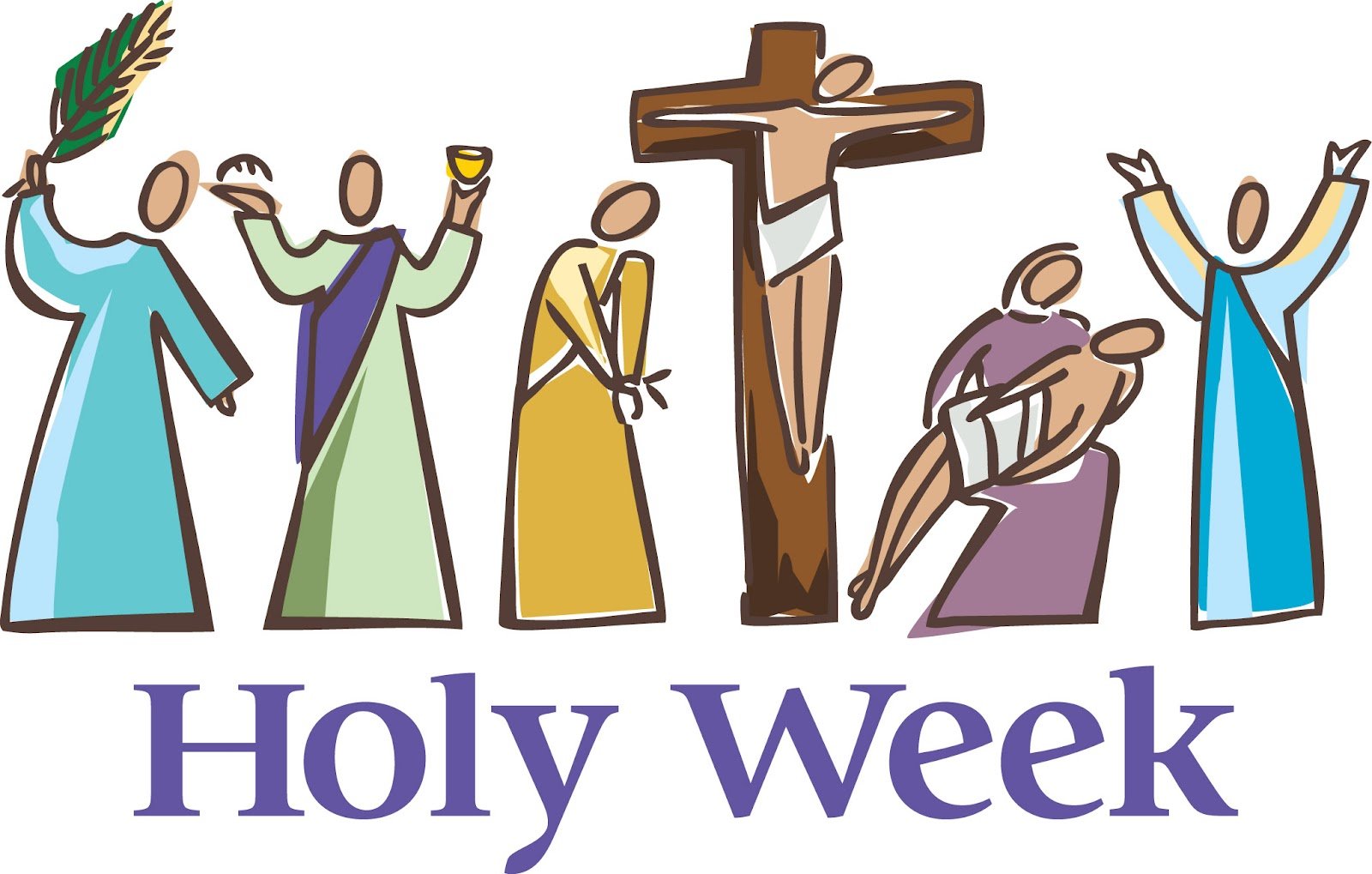The hustle and bustle of daily life often leaves us yearning for moments of tranquility, introspection, and spiritual renewal. One such opportunity presents itself in the form of Holy Week, a time-honored tradition celebrated by millions around the globe.
But have you ever paused to ponder the origins of this sacred week?
Let’s embark on a journey back in time to uncover the roots and significance of this solemn observance.
Holy Week, also known as Passion Week, is observed in the week leading up to Easter Sunday. It begins with Palm Sunday and culminates in the grandeur of Easter, encapsulating significant events like Maundy Thursday and Good Friday.
But where did it all begin?
The origins of Holy Week can be traced back to Jerusalem in the 4th century AD. Pilgrims would flock to the holy city to reenact the last days of Jesus Christ’s life on earth, following his footsteps from his triumphant entry into Jerusalem to his crucifixion at Golgotha.
Imagine yourself as one such pilgrim, traversing through narrow alleyways under a scorching sun, your heart heavy with reverence yet alight with anticipation. You are not merely an observer but an active participant in a profound narrative that transcends time.
Over centuries, these rituals evolved into a more structured format which we now recognize as Holy Week. The Council of Nicea in 325 AD played a pivotal role in unifying these practices across Christendom.
But why is Holy Week so important? It serves as a powerful reminder of Jesus’ ultimate sacrifice for mankind’s redemption.
Each day has its unique significance:
– Palm Sunday commemorates Jesus’ triumphant entry into Jerusalem.
– Maundy Thursday marks Jesus’ Last Supper with his disciples.
– Good Friday remembers Jesus’ crucifixion.
– Easter Sunday celebrates Jesus’ resurrection, symbolizing hope and new beginnings.
Now, you might be wondering how to meaningfully engage with Holy Week.
Here are a few suggestions:
- Read the Biblical accounts of Jesus’ final week. This can provide a deeper understanding and appreciation of the events commemorated.
- Attend Holy Week services at your local church. Participating in communal worship can enhance your spiritual experience.
- Reflect on the themes of sacrifice, redemption, and renewal that Holy Week embodies. This can be a catalyst for personal growth and transformation.
As we journey through Holy Week, let’s remember its historical roots and profound significance. It’s more than just a series of religious observances – it’s an invitation to step into a narrative of love, sacrifice, and redemption that has shaped human history.
Share your thoughts below on how you observe Holy Week or any insights you’ve gained from this post. I look forward to hearing your stories!
To spiritual growth and understanding.


